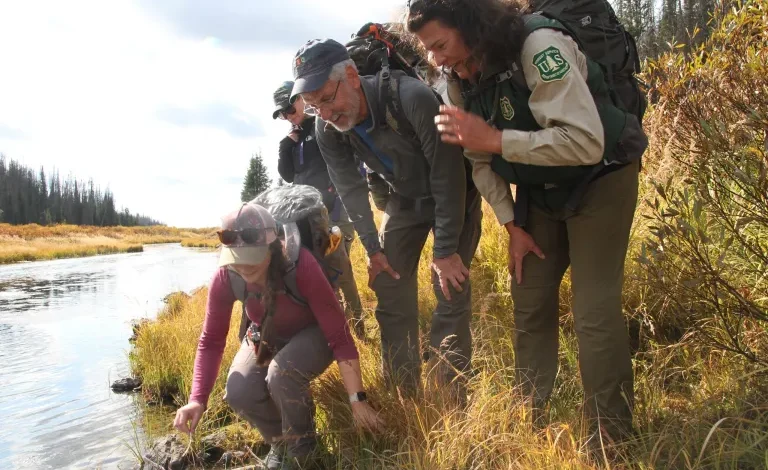Federal Workforce Reforms in Wyoming Aim to Streamline Government Efficiency Amid Legal Challenge

The Trump administration’s efforts to reform the federal workforce, including offering 8,100 federal employees in Wyoming the choice to resign voluntarily by the end of September, have sparked debate and concern, Wyo File reports
The “Fork in the Road” resignation initiative is part of a broader strategy to establish a more streamlined and performance-oriented federal workforce.
The Office of Personnel Management’s (OPM) January 28 memo outlined a “deferred resignation” option for employees willing to exit government service. Workers who choose this path will be exempt from in-person work requirements while still receiving pay and benefits until the end of September. Those who choose to stay were informed that the administration cannot provide “full assurance” regarding job security as federal operations undergo restructuring.
The administration has made clear that reforms are necessary to build a workforce that operates with a stronger performance culture and enhanced accountability standards. Elon Musk, tasked with leading the newly created Department of Government Efficiency, is playing a central role in the downsizing and efficiency strategy.
Supporters of the reforms see this as a necessary move to rein in what they view as an overextended bureaucracy. Wyoming’s Republican congressional delegation, including US Senators John Barrasso and Cynthia Lummis and Representative Harriet Hageman, have voiced their alignment with the administration’s goals. They emphasize the importance of returning power to elected officials rather than unelected federal workers.
Hageman has been particularly vocal about limiting administrative agencies’ influence, which she believes undermines constitutional governance.
“For too long, Washington, D.C., has delegated authority to unelected bureaucrats in a manner that jeopardizes our Constitution,” she said.
Critics, however, have expressed concerns about the potential impact on essential services in Wyoming, including those related to public lands and tourism. With federal employees from the National Park Service, US Forest Service, and Bureau of Land Management among those affected, advocacy groups worry that staffing shortages may hinder park operations and forest management.
Phil Francis, chairman of the Coalition to Protect America’s National Parks, warned that visitor experiences could suffer, citing possible closures of visitor centers and delays in maintenance. Andy Stahl, executive director of Forest Service Employees for Environmental Ethics, described a tense atmosphere among federal employees.
“Everybody in the Forest Service is just hunkered down waiting for the next axe to fall,” Stahl said.
Nonetheless, proponents of the reform argue that the administration is taking a pragmatic approach by exempting employees in critical roles such as national security and public safety.
The reform faced a legal setback when US District Judge George O’Toole in Massachusetts temporarily blocked the resignation deadline on Thursday, following a lawsuit filed by the Public Employees for Environmental Responsibility. A hearing is scheduled for Monday to address the legality of the initiative.
The legal dispute underscores the tension between advocates for smaller, more accountable government and defenders of the current federal civil service structure. Proponents argue that reform is necessary to ensure government efficiency and responsiveness to the American people.







